Using poop to identify individual killer whales
DNA can answer many questions about a killer whale’s health and family tree.
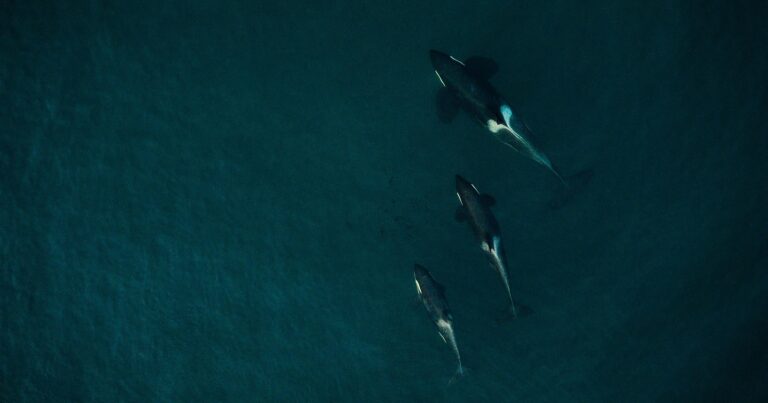
DNA can answer many questions about a killer whale’s health and family tree.
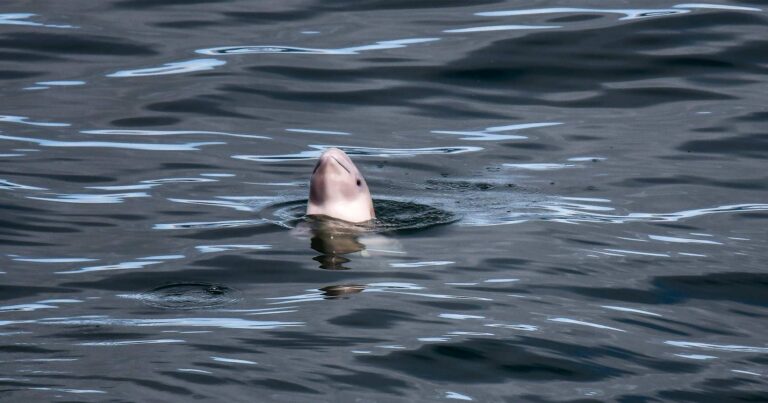
A new study identifies variation in the structure of contact calls among four Canadian beluga populations.

Amy has joined Raincoast’s Cetacean Conservation Research team as a research scientist.

Applications close February 7th, 2024.
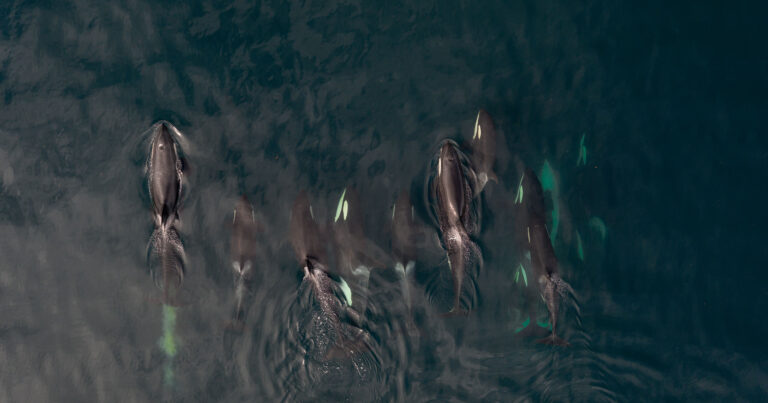
2023 was a busy year for our scientists. Here is a list of what we published this year.
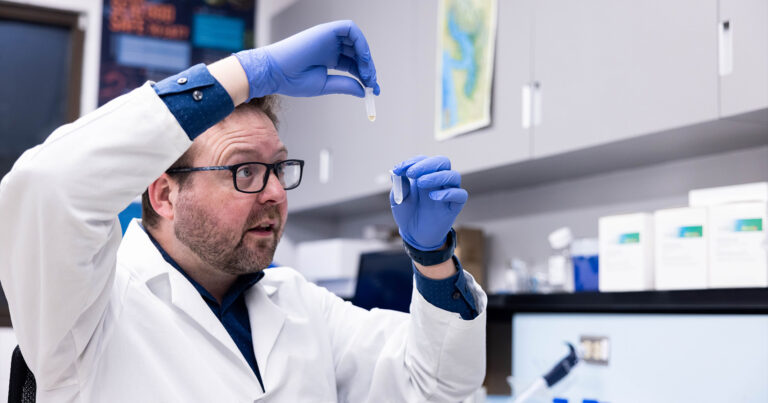
Our lab works closely with Raincoast’s Cetacean Conservation Research Program and also helps answer important questions for our other conservation initiatives.
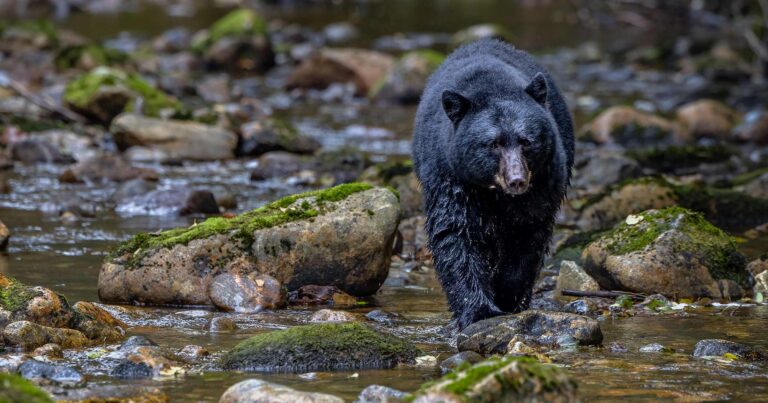
Over 700 contributions from around the world were made to help us permanently protect wolves, bears, cougars, and more in this huge tenure.
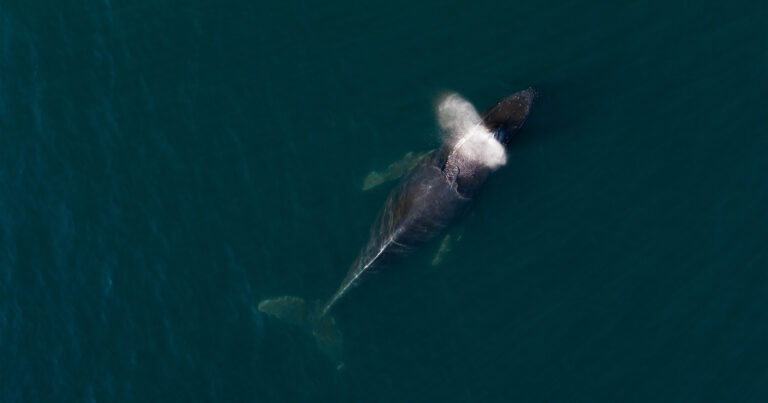
The Cetacean Conservation Research Program studies the biology, ecology, and behavior of whales and dolphins.
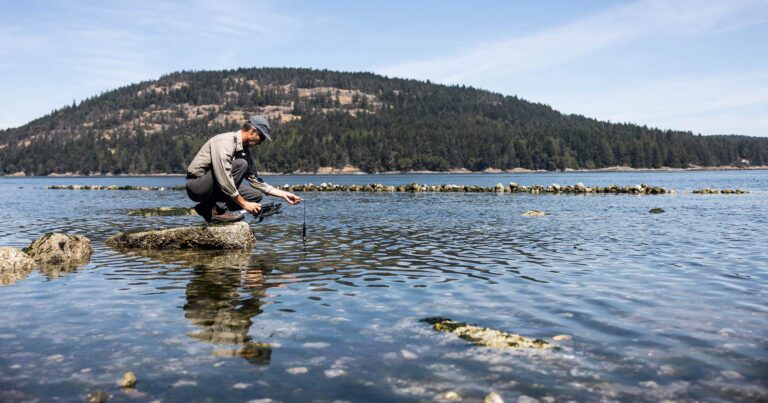
Our community water pollution monitoring initiative.

A timeline of everything our research vessel has achieved over the last 20 years.
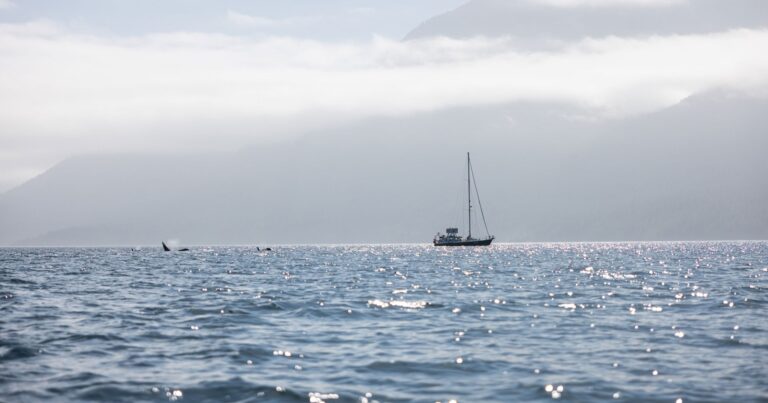
Achiever is Raincoast’s magic carpet to remote working environments.

Our Salish Sea Emerging Stewards Program had a busy year with youth trips and new partnerships.